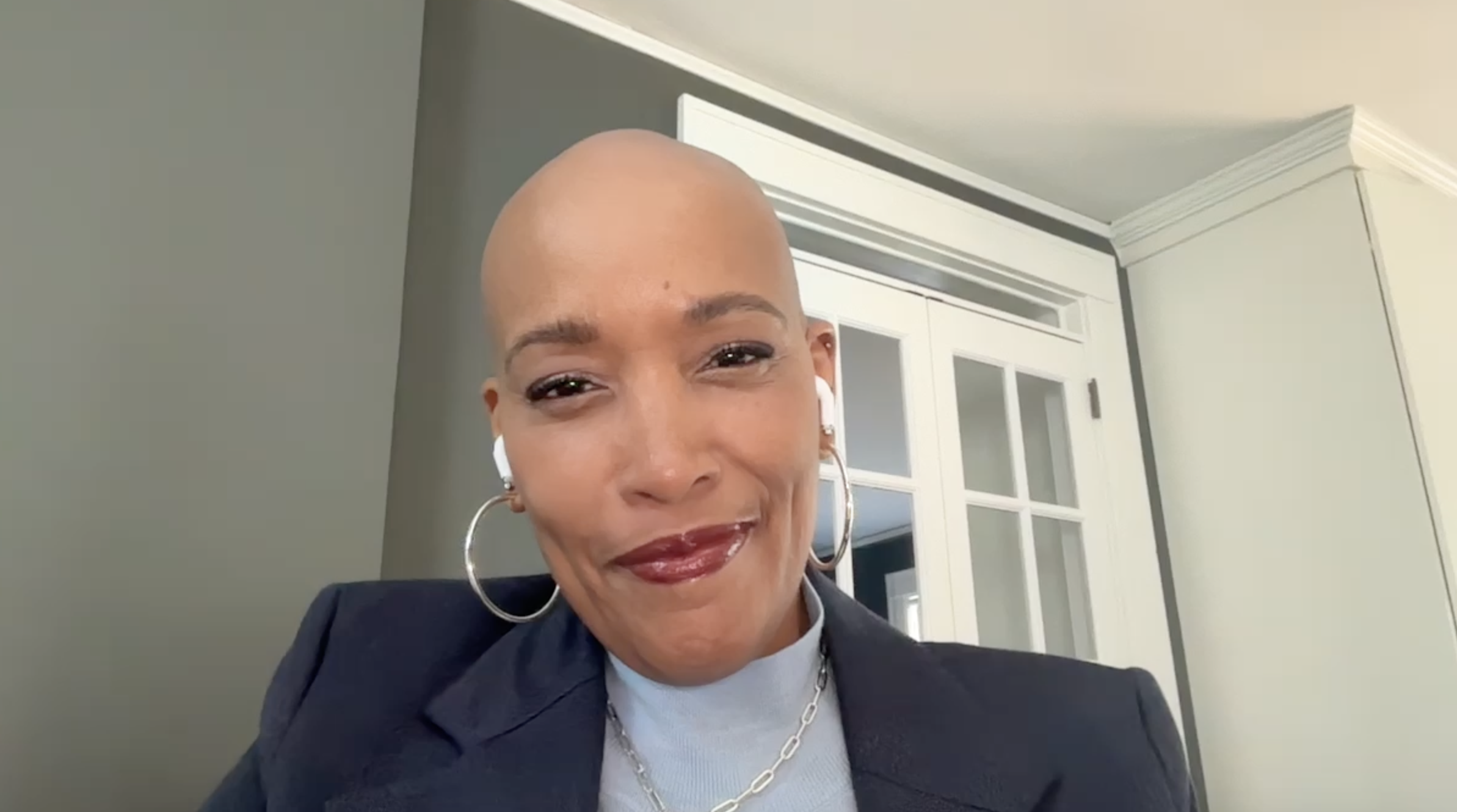Hard and soft skills both come with a certain reputation. Many people think of hard skills as serious, complex abilities that real professionals depend on to get the job done right. In contrast, soft skills are seen as important for good relationships and communication – they’re nice to have, but in the trenches, it’s hard skills that save the day. Is this true, and if yes, for how long has it been so?
An Actual War for Talent
Speaking of trenches, when, of all times, would you NOT expect a serious discussion of hard skills and soft skills? Back in 1916, in the middle of World War One, the demand for engineers in the United States grew exponentially. Although the US was not in the war just yet, the country was gearing up to enter it, and hiring engineers left and right.
During this time, the Carnegie Foundation and the US Joint Committee on Engineering Education held a survey to determine what makes a successful engineer. They distributed two separate questionnaires. Here are the results in brief:
- When given a free-form question, “what are the most important factors in determining probable success or failure in engineering?” 1,500 engineers cited personal qualities over science and technique at a ratio of 7:1
- When 30,000 engineers were asked to compare the importance of personal qualities such as character and judgment to technical abilities like technique as factors that affect success and promotion, about 95% of them graded character as the most important and technique as the least important
So, even at a time when ideas related to industrial and organizational psychology were just starting out, people in what is perhaps the most technically oriented industry of the day understood that soft skills were far more essential than hard skills.
Why is this Important?
Every HR team has a budget and must make spending decisions for L&D. A skills gap analysis might show that employees lack abilities in various areas. Where do you put your money?
Even if your organization is in the technology business, you just can’t ignore soft skills. A comprehensive analysis will probably demonstrate that technical teams need upskilling in the latest programming language or production technique. So go ahead and arrange for the course.
But you aren’t done yet. A conscientious HR professional will make sure that technical people still brush up on soft skills. Despite the fact that some L&D programs allow even managers to focus only on the technical aspects of their work, they are doing them disservice in the long run.
Across Roles and Over Time
Now let’s take a look at a different survey, this time, for another industry that also seems to be all about hard skills – accounting and finance. In this Robert Half study, CFOs were asked to compare hard skills to soft skills in their importance for both staff-level workers and senior employees.
Stated simply, the survey illustrates that there is usually an even split between hard and soft skills. Some CFOs put a lot of weight on hard skills, but soft skills are always part of the mix. This requirement stays more or less the same even as the employee advances up through the organization.
We’ve all read that soft skills are now widely recognized as being at least as essential in comparison to hard skills. But the fact that is often overlooked is that this is true even in highly technical jobs. For HR people, this means that soft skills need to be emphasized right from the start of every employee’s career, regardless of role. Time to update those career development plans!
Soft Skill Basics
All of this requires an effort by HR to make sure that every employee, technical or not, gets some soft skill upgrading. But which skills should you choose?
The top ten lists for soft skills differ. Every HR pro has a range of experiences that leads them to prefer some skills over others. In addition, with such rapid changes to the workplace environment and the constant turnover of skills, organizational needs are always evolving. So it’s important to keep track of the leading blogs and what’s going on in your own company when deciding on a “basic minimum” of soft skill abilities.
For instance, here’s a set of essential leadership soft skills according to Sheryl Sandberg, a world-famous executive who has had essential roles at Meta, McKinsey & Company, the US Treasury, and Google. One way of looking at this list is from the viewpoint of what successful leaders contemplate every day – change.
- Strategic thinking – allows an organization to prepare to change in advance of market and/or competitor challenges
- Change management – enables an orderly process to carry out strategic initiatives
- Feedback and communication – forms two essential methods for organizing employees to change and to understand how the process is going
- Self-awareness – permits the leaders to reflect on their own ideas and methods of implementation in case employees are reluctant to criticize them
Make it Growthspace Every Time
For both hard skills and soft skills, Growthspace is the platform that major organizations are using to support their most talented people. The Growthspace global database of experts – technical trainers, coaches, and mentors – enables companies to build employee skills as needed.
Through Growthspace, HR/L&D teams that want personalized talent development can source experts of the highest quality who provide granular specialties. Each expert on the Growthspace network is evaluated by users with a score that is visible to those searching for top-notch instructors. So if you want personalized L&D delivered by the best in the business, turn to Growthspace.




